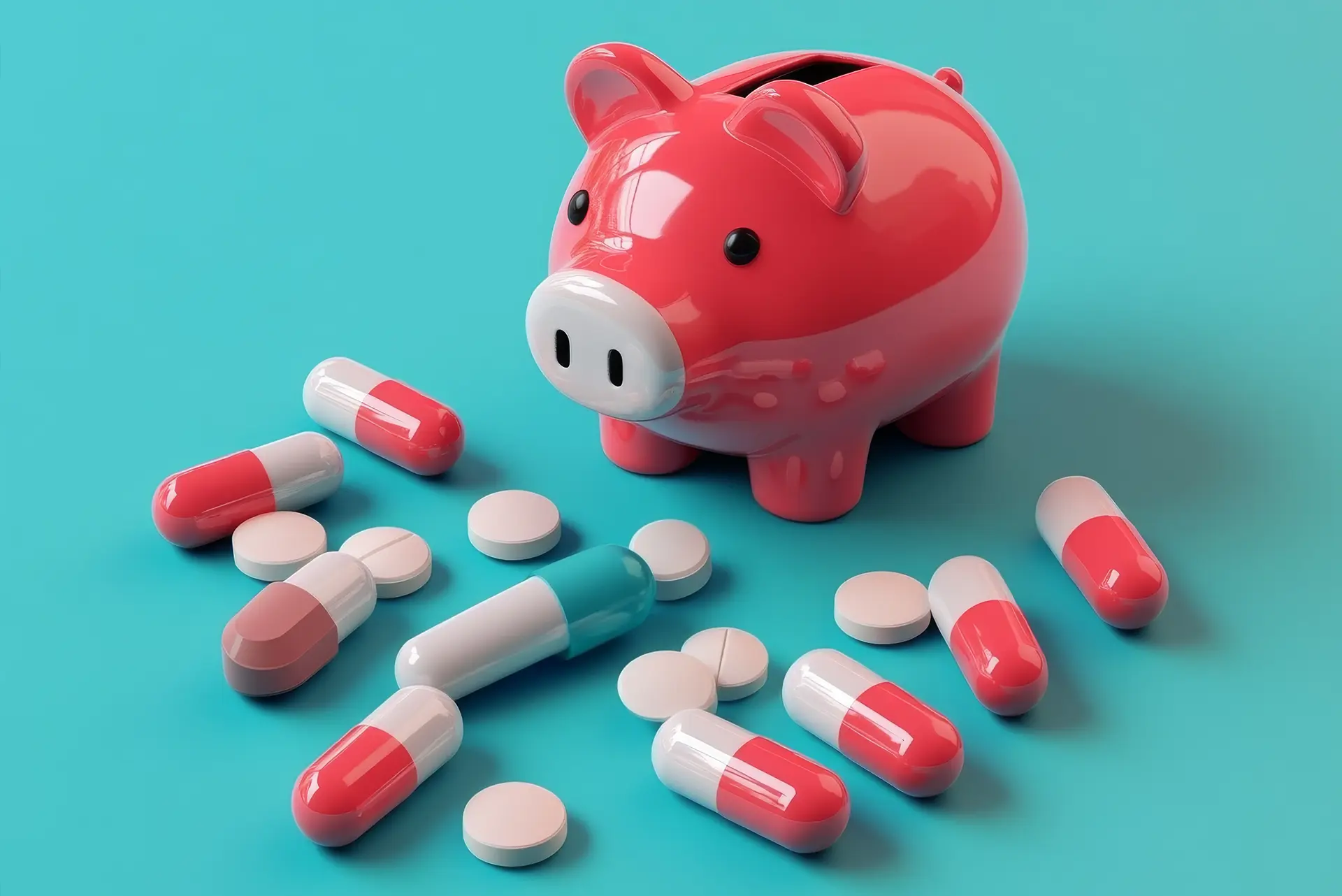Article
Why Podcast Advertising Should Be Part of Your Clinical Trial Patient Recruitment Strategy

Economic anxiety creates barriers to clinical trial participation as job insecurity and financial concerns drive 12-18% higher withdrawal rates during downturns, changing participant profiles and potentially biasing research results.
Consumer sentiment declined sharply in March, with expectations for future economic conditions plummeting to their lowest point since 2012, according to Tuesday’s Conference Board report. This steeper-than-anticipated drop in confidence metrics signals growing public anxiety about the economic outlook despite relatively stable current conditions.
While we often discuss how potential economic downturns affect retail spending and housing markets, there’s a less visible but equally important impact on clinical research. When consumer confidence wanes, clinical trial patient recruitment and retention face unique challenges that can delay medical advances and introduce biases into research findings.
When people feel financially insecure, their decision-making changes in predictable ways. For clinical research coordinators, these changes manifest as significant hurdles in building and maintaining a diverse participant base.
Research professionals consistently observe the impact of economic climate on trial participation. Clinical investigators have documented a direct correlation between financial uncertainty and trial hesitancy in patient populations across multiple research centers. Studies show that when people worry about their economic future, they become significantly more reluctant to commit to multi-month clinical trials, particularly those requiring frequent site visits. This hesitancy stems from very practical concerns about maintaining work attendance and minimizing disruptions to income-generating activities.
This hesitation stems from very real concerns:
Perhaps most concerning from a scientific perspective is how economic pressures can skew who participates in studies. When consumer confidence drops, we often see:
This shift can have profound implications for how widely applicable research findings are to the general population.
Successfully recruiting participants is only half the battle. When economic anxiety rises, keeping those study participants engaged becomes increasingly difficult.
The data on retention challenges during economic downturns is equally compelling. Several research organizations have tracked withdrawal rates across multiple studies for over a decade. Their analyses show consistent 12-18% spikes in study withdrawals that correlate directly with drops in consumer confidence indices. When research teams conduct exit interviews with these study participants, they consistently mention work schedule changes, relocation for employment opportunities, and shifting financial priorities as the primary drivers of their decision to discontinue. These patterns create significant challenges for statistical calculations and can potentially introduce selection bias in final study results.
Forward-thinking organizations are revamping their clinical trial marketing strategies with approaches specifically designed to address economic concerns:
As economic uncertainty continues to be a reality for many people, clinical research must evolve to remain both scientifically valid and ethically sound. This means:
By acknowledging the very real impact of consumer confidence on research participation, the clinical research community can build more resilient study designs even during challenging economic times.